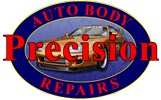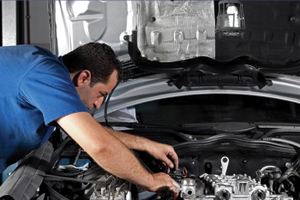 Auto Body & Repair Services
Auto Body & Repair Services

Auto maintenance includes the inspection and testing the condition of car subsystems (e.g., engine) and servicing or replacing parts and fluids. Regular maintenance is critical to ensure the safety, reliability, drivability, comfort and longevity of a car. During preventive maintenance, a number of parts are replaced to avoid major damage or for safety reasons, e.g. timing belt replacement.

A tune-up is routine servicing of the engine to meet the manufacturer's specifications. Tune-ups are needed periodically according to the manufacturer's recommendations to ensure an automobile runs as expected.